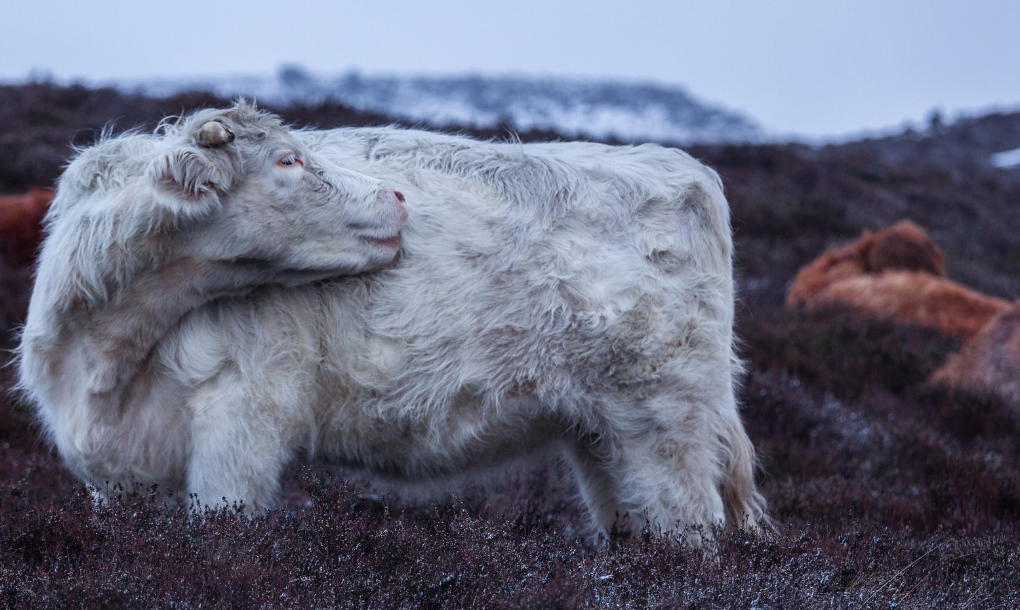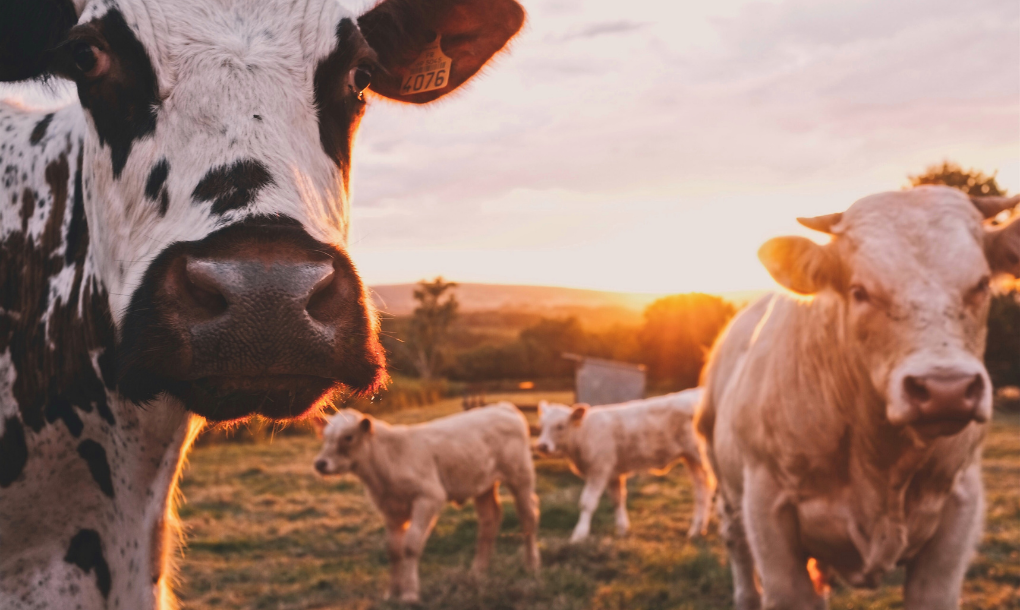Date of the last update: 25.04.2022
With consumers’ growing awareness and new possibilities for obtaining food, including meat and animal products, organic food has transformed from a fad into a necessity. A necessity followed by real changes related to both health and outlook on life. We are paying more attention to how farm animals are treated, and even increasingly often decide to reduce or even give up eating meat. This is, of course, a complex issue, and it is worth looking at many aspects of it. This article focuses on the origin of animal products and why they should come from organic rather than industrial sources.
Table of Contents:
You can read this article in 2 minutes.
Economics of organic food
Of all arguments deployed by industrial livestock farmers, the most exploited topic is economics. They point out that industrial farming is cheaper and allows many businesses to expand, while at the same time lowering the price of meat and livestock products for consumers. In addition, industrial farms are the most profitable type of farming in the EU. And here comes the counter-argument from the organic food lobby. Yes, the profitability of this industry is undeniable. However, the profits are concentrated, mainly among investors rather than farmers actually breeding animals. The smaller the number of industrial breeders, the greater the earnings for small companies and more private farmers. Thus, organic sources ensure a greater distribution of earnings among smallholders and farmers.
It’s also worth noting that this branch of production is significantly subsidised, among others by the European Union. This is linked with the lack of subsidies for farms which deal with other food production areas.
Organic food and health

Economic arguments also translate into health-related issues, which is unfortunately increasingly forgotten in discussions about industrial farming. Meat and livestock products are cheaper and thus available to everyone. There are advantages and disadvantages of this situation, as people consume more meat and dairy products, while in large quantities they are harmful to health.
Unfortunately, industrial livestock farming brings much more serious problems. It is, of course, about the presence of drug-resistant bacteria, which is mainly caused by huge quantities of antibiotics administered to animals. This is a serious threat to both human and animal health. The spread and emergence of new diseases can obviously be linked to industrialised feeding and concentration of animals in small spaces. Low welfare of animals translates into poor quality meat and livestock products, which we still eat in far too large quantities. It is a viscous circle that can be broken precisely thanks to organic farming.
Check out also: Raw Food: The Pros and Cons of the Raw Diet
Summary
The data clearly show that consumers are increasingly aware of animal welfare and health benefits associated with organic farming. But it still does not translate into a large-scale behavioural change. So keep the above arguments in mind not only during discussions, but above all when choosing what food you buy.
Sources:
https://www.ptfarm.pl/pub/File/bromatologia_2010/3.2010/br%203,2010%20s.%20406-414.pdf
http://fundacjawspomaganiawsi.pl/chow-przemyslowy-zwierzat-dobry-czy-zly/

